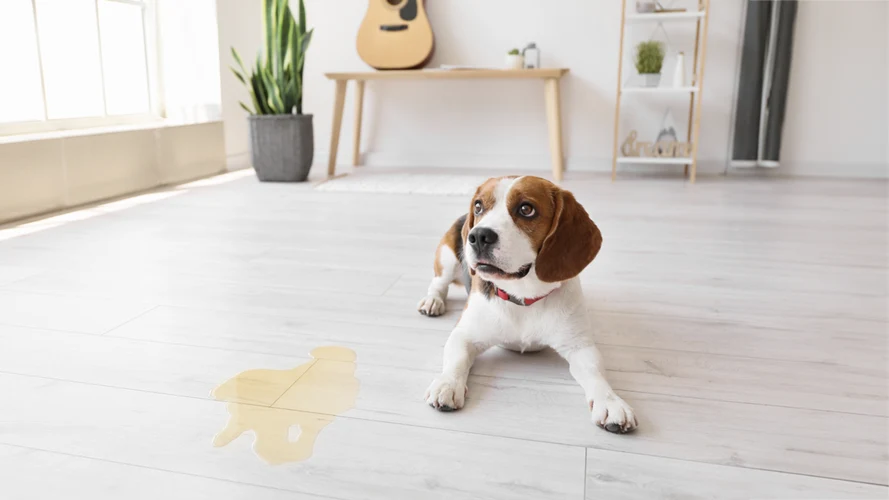How to potty train a puppy
Potty training a puppy requires patience, consistency, and positive reinforcement. Here’s a step-by-step guide:
1. Establish a Routine
- Frequent Bathroom Breaks: Take your puppy out first thing in the morning, after meals, naps, playtime, and before bedtime. Puppies typically need to potty every 1–2 hours.
- Feed on a Schedule: Consistent feeding times lead to predictable bathroom habits.
2. Choose a Designated Potty Spot
- Take your puppy to the same spot every time. The familiar smell will encourage them to go there.
- Use a command like “Go potty” or “Do your business” to associate the action with a cue.
3. Supervise and Confine
- Supervise Closely: Keep an eye on your puppy when they’re not in their crate. Look for signs they need to go, such as sniffing, circling, or whining.
- Use a Crate: Dogs naturally avoid soiling their sleeping area. A properly sized crate can help encourage bladder control.
4. Reward Success
- Immediately after your puppy goes potty in the right place, reward them with praise, treats, or play. Positive reinforcement helps them understand they’ve done well.
- Be enthusiastic but calm so you don’t startle them during the act.
5. Handle Accidents Calmly
- Don’t Punish: If you catch them in the act, calmly interrupt with “No” and take them outside. Punishing them after the fact won’t help because they won’t connect it to the accident.
- Clean Thoroughly: Use an enzymatic cleaner to remove any odor from accidents. This prevents them from being drawn to the same spot.
6. Increase Time Between Breaks Gradually
- As your puppy grows and gains bladder control, gradually increase the time between potty breaks.
7. Stick to the Plan
- Be consistent. Puppies thrive on routines, and regularity helps them learn faster.
Signs Your Puppy Needs to Go
- Whining or barking
- Restlessness or pacing
- Sniffing or circling
- Heading toward the door (if trained to associate it with potty time)
Potty Training Timeline
- Most puppies can be reliably potty trained by 4–6 months of age, but this depends on the breed, age, and individual temperament. Some puppies may take longer.
By staying consistent and patient, your puppy will learn where and when to go potty.



Leave a Reply
Want to join the discussion?Feel free to contribute!